Historically Microcontrollers as “computer system on a chip have been used in hardware and machinery to provide reliable computing power “behind the scenes” for industrial automation, medical equipment, vending machines, etc.
The microcontroller scene started really gaining steam in the mid-to-late 1990’s with hardware hackers using Atmel based microcontrollers — the ATMEGA32 microcontroller becoming a particular favorite.
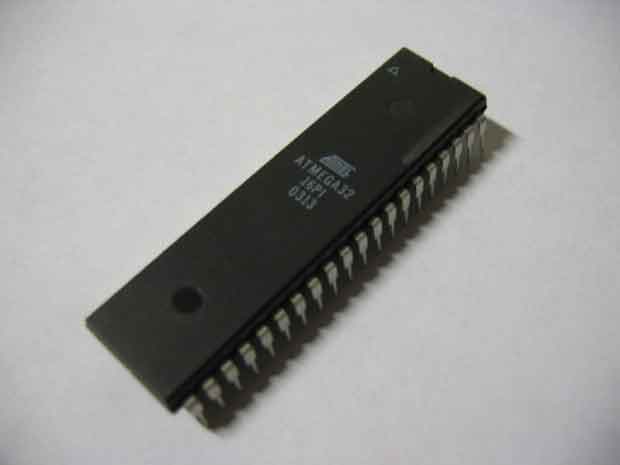
As time marched on, embedded boards and microcontroller development kits broke into the mainstream. Vendors began reaching outside the realm of professional hardware designers, purposely designing kits to appeal to amateurs and “maker” segments of the market.
Microcontroller projects and vendors
Parallax
For beginners, Parallax offers a controller programmable in the BASIC language known as the BASIC Stamp. For those wishing to use the C programming language, the company also sells the more powerful Propeller chip which contains eight 32-bit processors directly controllable by the software developer. For those interested in robotics, Parallax also sells a variety of robotics and quadcopter kits.
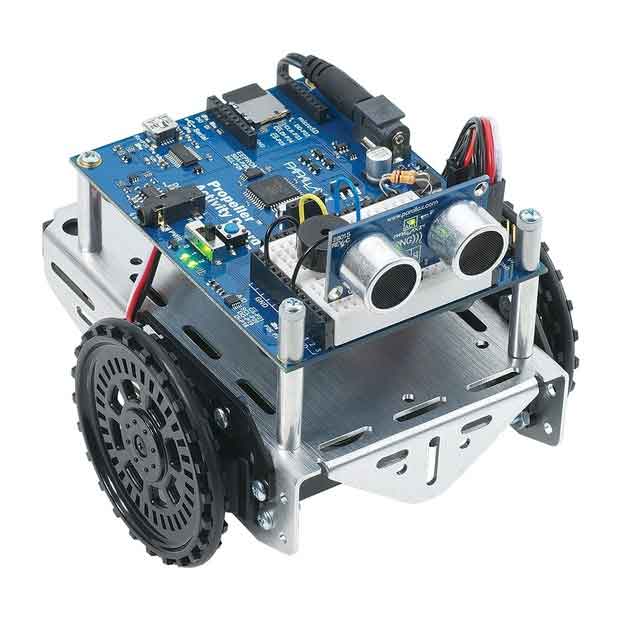
Arduino
Arduino is probably the most recognized microcontroller company outside of ATMEL, with a worldwide following (and distribution network), and an active, creative, modder community. Most Arduino boards have numerous I/O ports (including analog) — which is a huge reason for the popularity of Arduino boards. Arduino has range of controller boards of varying complexity and speed, and also provides its multi-platform software tools free of charge. Add-on boards known as shields are also available from Arduino and third-party companies. Shields piggyback on top of Arduino motherboards to provide specialized functionality: SD card ports, Ethernet, motor controllers, Wi-Fi, etc.
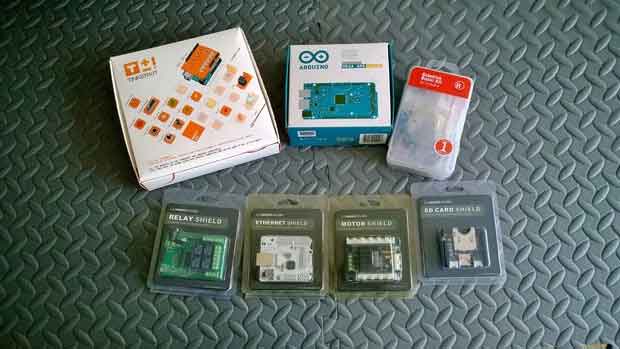
Raspberry Pi
The Raspberry Pi project started in the United Kingdom in 2006 as an effort to improve computer science education, and is now second in its popularity with hobbyists only to the Arduino. The “Pi” is low-cost, boasts a healthy number of ports, and can run a variety of Linux distros. Raspberry Pi also boasts some impressive, well-known hacks: a laptop, and mobile phone have been created using Pi’s.
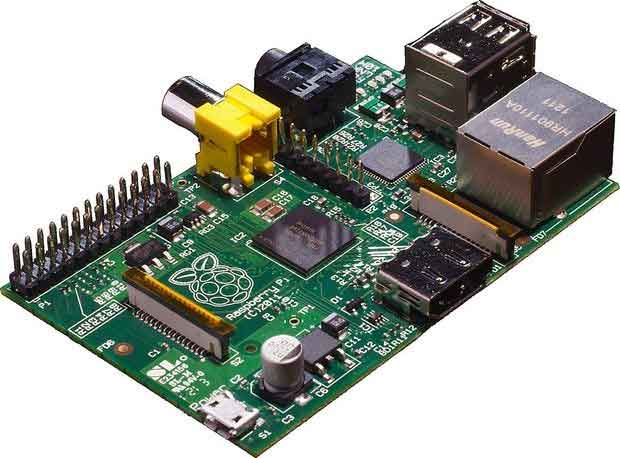
BeagleBoard
Another serious contender in the microcontroller ring is Beagleboard. The project was created “to provide education in and promotion of the design and use of open-source software and hardware in embedded computing.” BeagleBoard’s newest board — dubbed BeagleBone Black — is a 1 Ghz ARM Cortex-A8 based chip, software compatible with Debian, Ubuntu and Android. Catering to the old-school hardware hacker and/or hardware professional, those willing to tackle the BeagleBone are richly rewarded with fast hardware and an insane number of interface pins — this includes 7 ADC inputs.
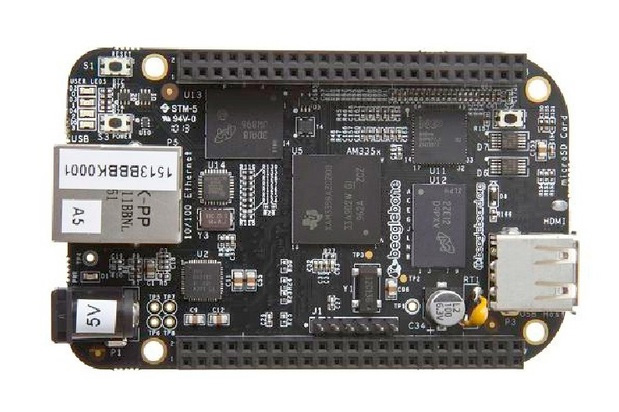
Intel
Not satisfied to be left in the dust by its competitors for long, Intel has introduced the Galileo, the Quark x86-based controller board. It recently demoed an SD card sized Atom based microcontroller named Edison. Time will tell if Intel’s offerings gain the popularity of the Arduino or Raspberry Pi, but the x86 platform is already incredibly popular and familiar to legions of programmers and developers, so it may very well be a platform to keep in mind.
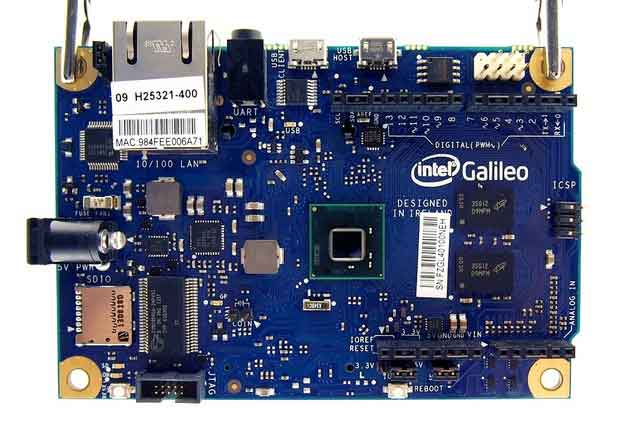
Conclusion
This concludes an introduction to embedded hardware and microcontrollers. I hope you take the time to explore this incredible world for yourself. As always, thank you for reading about the hottest hardware running the coolest code.






